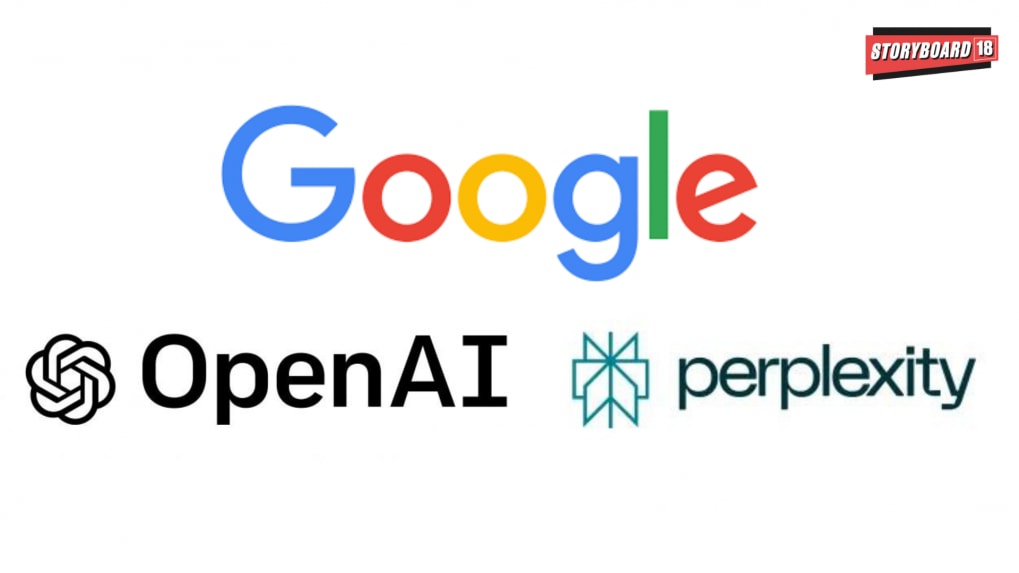Advertising
From Pink Slips to Silent Sidelining: Inside adland’s layoff and anxiety crisis

Two fast-growing AI companies, OpenAI and Perplexity, have unveiled plans for full-featured browsers aimed squarely at Google Chrome. With OpenAI preparing a Chromium-based browser embedding its conversational agent and Perplexity already launching its AI-native Comet browser in beta, advertisers must brace for a significant shift in how digital ads are served, tracked and experienced.
From Chrome to AI browser battlegrounds
Google Chrome has been a silent workhorse for Alphabet’s ad business, collecting user data that fuels targeted search and display advertising. But AI-native browsers are poised to disrupt this pipeline, pulling user attention, and valuable intent signals, into chat-based, task-completion interfaces. OpenAI’s browser, rolling out soon, will blend conversational search with “Operator,” an assistant capable of booking flights or filling forms. Perplexity’s Comet, now in $200/month beta, offers a sidebar AI assistant that summarizes emails, books travel and performs real-time search within a conversational framework.
Redefining Ad Slots: from banners to AI mentions
Traditional ad strategies focus on securing prime placement in blue-link results or within display ad slots. AI browsers, however, collapse these boundaries. Brands will soon be vying for mentions within AI-generated answers or agent-driven recommendations, shifting the locus of ad spend from keyword bidding to conversational visibility. Perplexity, for instance, has begun testing “sponsored follow-up questions” that seamlessly embed ad content within its chat responses.
A New Data and Privacy Paradigm
AI-native browsing will reshape how user data is captured. Perplexity’s Comet emphasizes local data storage and claims it does not train its models on user content, aiming for a privacy-forward positioning. Still, its CEO has acknowledged plans to leverage behavioral signals for “hyper-personalized” advertising, signaling that a new form of targeting could emerge: contextual, intention-driven and tied directly to live user interactions.
OpenAI, with its own browser and chat integrations, could gather even richer user signals, potentially offering advertisers a new channel for precise, privacy-aligned targeting that bypasses traditional tracking reliant on cookies.
Google under pressure - but prepared
As user attention shifts toward AI interfaces, Google’s ad machine faces a clear threat. Even a modest user migration to AI browsers could impact the data volume and search queries flowing through Google, forcing a rethink of its ad strategies. Google has already responded by rolling out AI-powered summaries and conversational features within Search and Chrome, aiming to retain users within its ecosystem.
Transparency and trust
Brands will demand transparency in these new environments. Unlike a search results page where multiple links are visible, AI responses often provide a single authoritative answer. Advertisers will need assurances on how content is selected for inclusion, how bias is avoided and how brand safety is ensured.
Preparing for an AI-first ad future
For advertisers, the rise of AI browsers means testing new models: conversational sponsorships, branded answers and agent-based recommendations. It also means rethinking measurement, creative strategy and attribution as the click-centric world gives way to AI-mediated transactions.
From purpose-driven work and narrative-rich brand films to AI-enabled ideas and creator-led collaborations, the awards reflect the full spectrum of modern creativity.
Read MoreLooking ahead to the close of 2025 and into 2026, Sorrell sees technology platforms as the clear winners. He described them as “nation states in their own right”, with market capitalisations that exceed the GDPs of many countries.